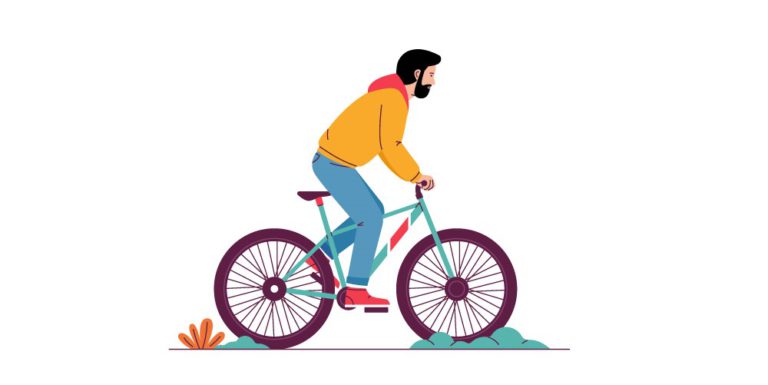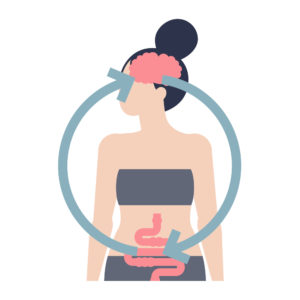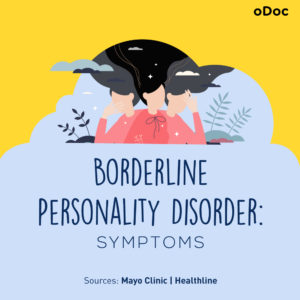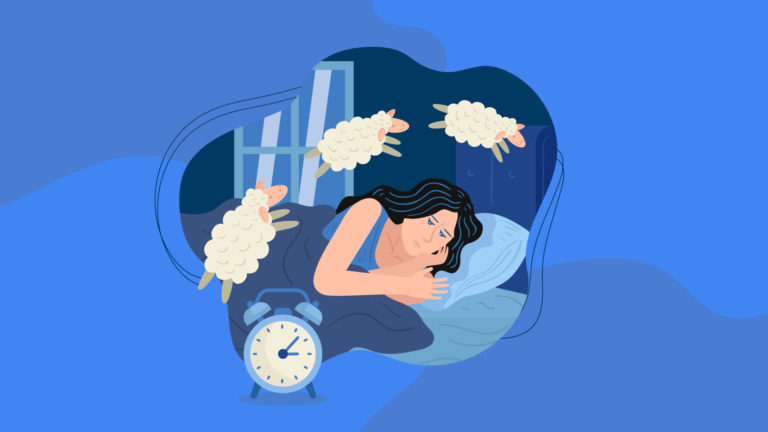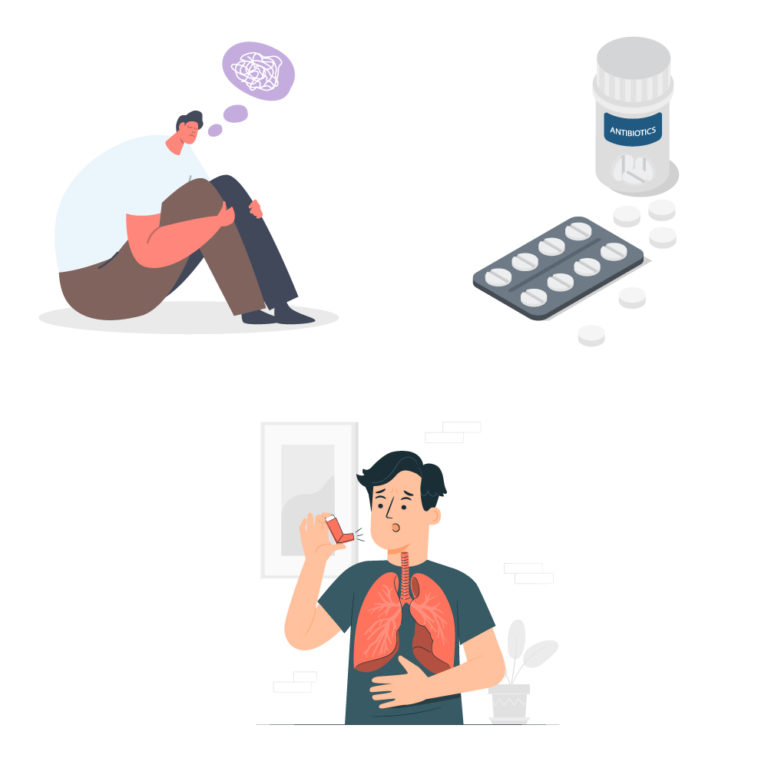Annoying toddler’s habits that are actually good for them
“Again, Ma, read it again!” for the 100th time is not the most satisfying thing to hear as new parents. Loving your children doesn’t mean they won’t irritate you. Toddlerhood is when your child develops emotionally, cognitively, and socially, making them curious and eager to explore and test boundaries. This could be chaotic but, coming to think of it, even rewarding at times.
Even though your toddlers may sometimes drive you a little crazy, these 5 behaviours are actually crucial to your child’s learning and emotional development.
1. Request the same book, song or show over and over again
You might have read the same book, sung the same song or played the same show about 100 times now and would feel exhausted. But, here’s what you need to know.
- Hearing the same words repeatedly helps with language development.
Yes, there are fewer words and minimal variety, but your kids often engage with what they hear, and they hear it often. This helps them to process those words and remember them effectively.
- It helps them to feel in control throughout the day.
The routine of reading the same book repeatedly can help your children have a little structure in a world full of surprises new experiences, and seem crazy to them.
- Contributes to a peaceful sleep
Prioritise your child’s bedtime stories as part of a bedtime ritual to help them settle, to help them reach a calm state, allowing them to fall asleep easily.
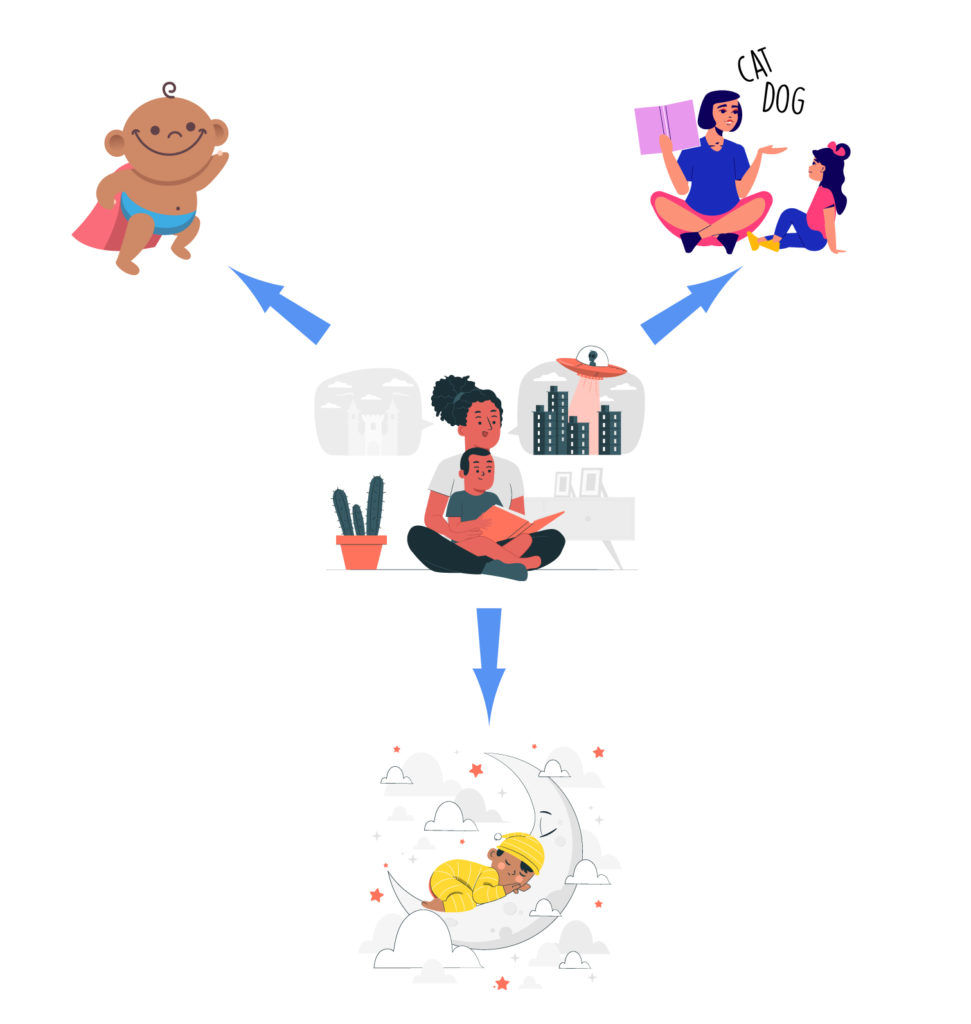

2. Make a huge mess
To clean all day and night might be your worst nightmare, and everything your little one gets a hold of might end up being a mess. It might be tough to embrace the mess as parents, but here’s what you need to know.
- Messy play encourages your children to develop gross and fine motor skills and coordination and concentration skills.
This helps your toddler take risks, negotiate, solve problems, be creative and discover new things. Hence, remember the mess might irritate you, but your little one’s brain is growing too,
- It helps your toddler gain confidence.
Messy play is not about creating a finished object, so children who lack confidence or are scared of failure would not hesitate to try out new things and be innovative with what they’re around, which would help build their confidence and improve their focus.
- Improves their problem-solving skills
You can use this opportunity to teach your child the importance of responsibility. Your little ones may not always live upto your standards but involving them while cleaning up the mess, putting their toys back into the box and arranging the mess might help them with problem-solving skills as it consists of thinking and intelligent work.
3. Tantrum
Tantrums are one of the most challenging aspects of parenting. No matter how good and bubbly you try to be around your little one, tantrums are hard to avoid. You may feel helpless and overwhelmed but believe it or not, these tantrums are an essential part of your toddler’s emotional health and well-being.
- Better out than in
When we cry, we release stress from our body (our tears contains cortisol – stress hormones). So does your toddler. You may notice pre-tantrum signs such as anger, frustration, or whining and post-tantrum signs such as calmness and an overall better mood. The world is big, crazy, and very new from their point of view, so they become emotional when their thoughts are blocked, or things don’t work their way. This results in tantrums which will help them get over that discomfort eventually.

- Better sleep
Most parents believe it’s better to put them to sleep than deal with tantrums. However, just like adults, children also wake up because they’re stressed or trying to process something happening in their lives. Hence, allowing your child to get to the end of the tantrum improves emotional well-being and may result in better sleep through the night.
- Your child will feel safe to tell you how they feel.
Most often, children don’t use tantrums to manipulate or get what they want. When their toy is broken or their building blocks aren’t cooperation with them, all they need is some love and comfort. However, even if they were wrong, you can stand firm with a ‘no’ and still emphasise with them.
However, toddlers are able to learn how to express their feelings and they just need to be guided in the right direction. When children don’t accurately describe how they are feeling, you may have a much harder time knowing how to help them. Hence, it is important to label your children’s feelings for them, help them notice other people’s feelings and watch shows and read books where feelings are highlighed. Until your child goes to school, you will have to help them create their vocabulary.

4. Bounce around and refuse to sit still
It may be hard to handle a wiggly worm all the time and asking your toddler to sit still maybe part and parcel of parenting. However, here’s what you need to know.
Movement stimulates your toddler’s brains and it releases chemicals that contribute towards focus, memory, motivation and mood. In other words, the fundamental in the art of learning.
5. Cling to you for dear life
A clingy toddler can be irritating while chatting with friends when going out or dropping them off at nursery for the first time.
- Hugging could make your toddler smarter
A newborn learns to navigate through physical contact such as skin-on-skin contact and hugs. Touch is the first to develop out of our five senses so nurturing touch provides the stimulation young brains need for normal growth and development.
- Hugging can stop tantrums
Just like adults, even children lose control of their emotions and when your toddler has an emotional tantrum, their motive is never to ruin your day. They’re only releasing emotions in response to something in their environment.
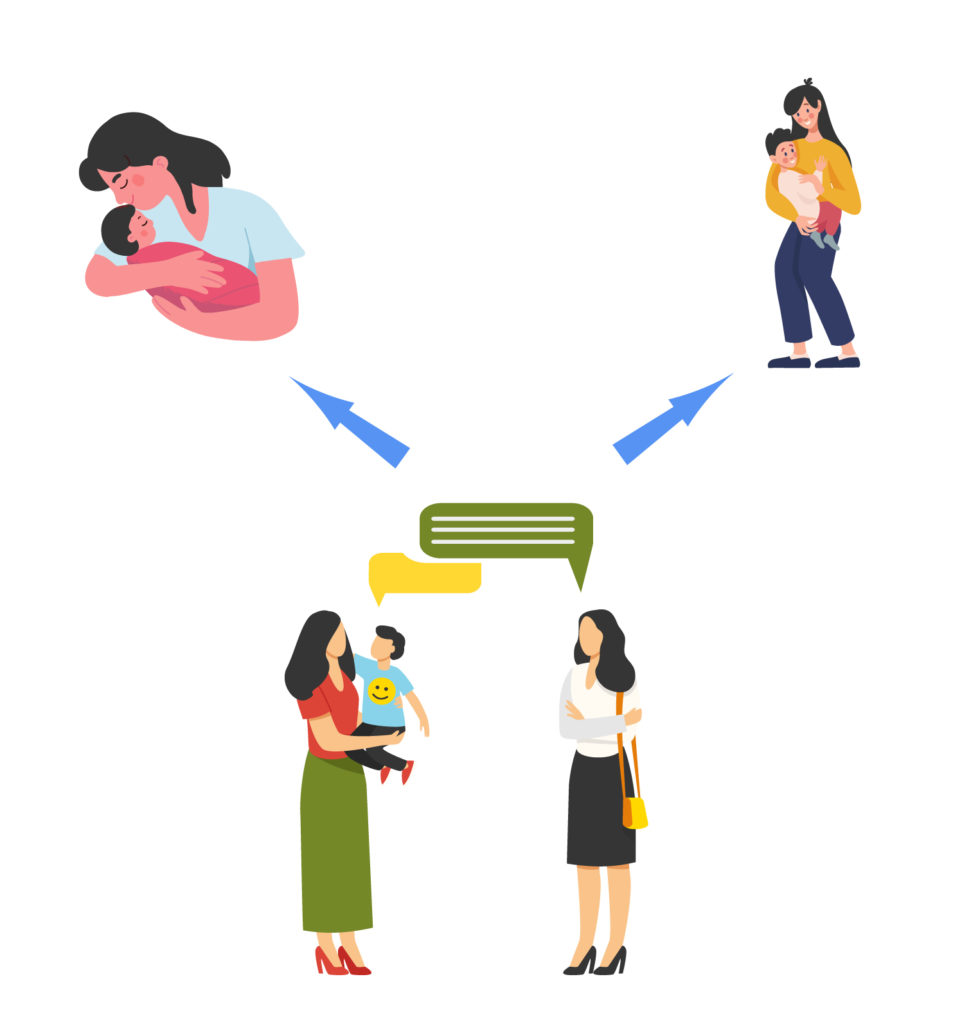
Hugging your toddler at these times of intense emotional outbursts will help calm them down and help them realise that you are there to support them during hard times.
Toddlers can sometimes drive you crazy and drain all the energy you have. But most of what your child is doing on a daily basis helps explore the love of learning, innovating and creating. Let your child be the next great explorer and encourage this love for life and its wonders as much as you can. If you have any questions regarding your toddler’s health or would like some medical advice, you can consult a paediatrician or a general physician from the comfort of your home via the oDoc app. Click here to download oDoc now.
“As your kids grow, they may forget what you said, but won’t forget how you made them feel”.
-Kevin Heath-
Reference
- 7 Annoying Things Toddlers Do That Are Actually Good for Them, Pick Any Two (2020)
- Why making a mess can be beneficial for children, Good start early learning (2017)
- 10 Reasons Your Toddler’s Tantrum Is Actually a Good Thing, Parents (2021)
- A Step by Step Guide to Help Toddlers Express Their Feelings, AT Parenting survival (2022)
Similar Articles...

Let’s talk flu, its prevention and home remedies.
Boo-ger season is here! Let’s begin by defining flu (short term for influenza) because it’s usually misunderstood as fever or cold. Flu is a common

Menopause Brain Fog is real: A Simple Guide with Symptoms and Treatment
Menopause Brain Fog is real: A Simple Guide with Symptoms and Treatment Women in their 40s and 50s who are just entering the end of

How to Keep Work Stress from Taking Over Your Life
How to Keep Work Stress from Taking Over Your Life In today’s fast-paced and competitive world, work stress has become an all-too-common problem that affects



